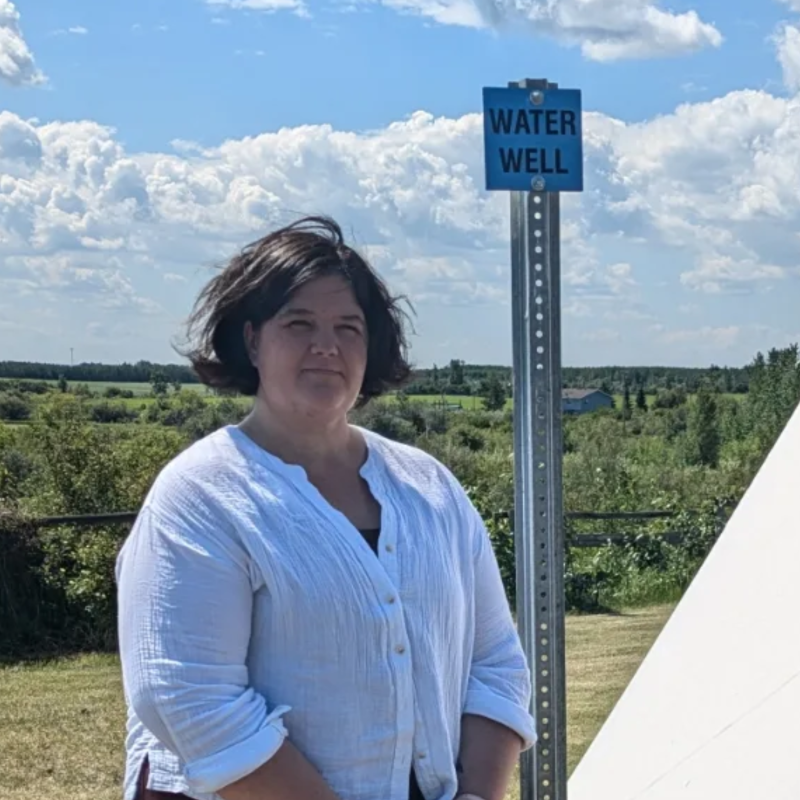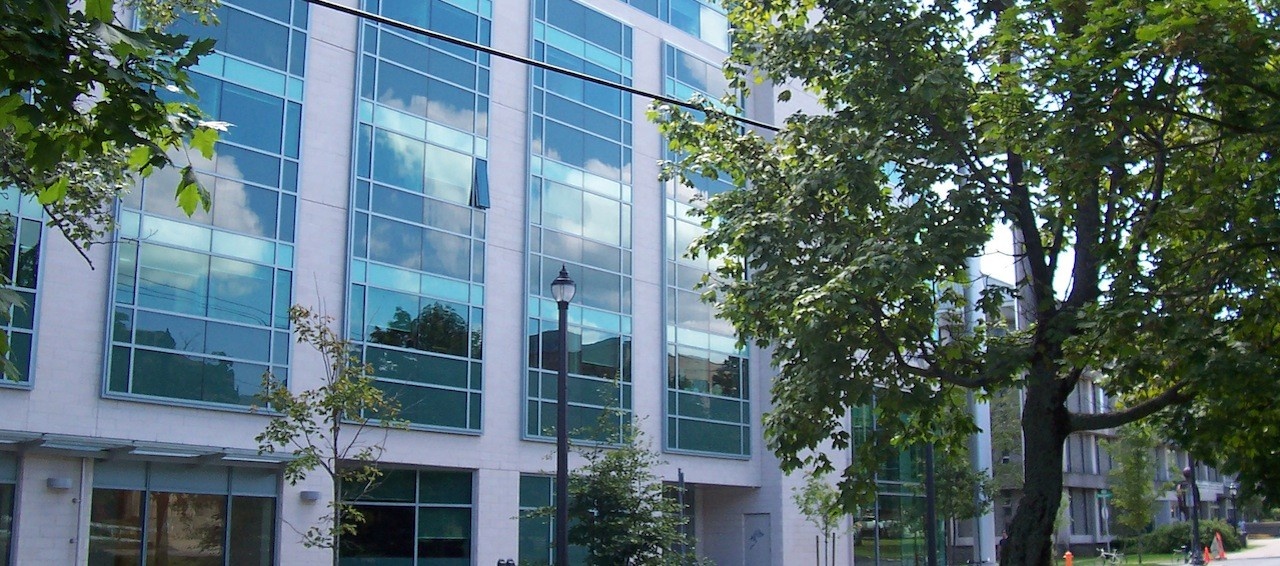Megan Fuller
 |
Program:Graduated from MREM in May 2021 Current position:Director of Research for AFNWA through the Centre for Water ResourcesŐż |
Profile of Megan Fuller: Indigenous Water Rights
Megan Fuller‚Äôs career path is anything but ordinary. Currently the Director of Research for the Atlantic First Nations Water Authority (AFNWA) through the Center for Water Resources Studies at Ľ∆…ę÷Ī≤•, Fuller has traversed a unique journey marked by academic excellence, a deep passion for environmental justice, and a bold pivot from academia to impactful policy work.
Fuller’s academic credentials are impressive. With a PhD in Geosciences and a background in analytical chemistry, she was a faculty member and associate director for the Chemistry and Biochemistry Program at Thomas Jefferson University in Philadelphia. However, despite her successful career in academia, Fuller wanted to explore a career beyond the classroom. The turning point came when she realized that while she was writing letters of recommendation for students to secure exciting jobs, she wanted to find such a role herself.
Determined to pivot from academia, Fuller chose the School for Resource and Environmental Studies (SRES) at Ľ∆…ę÷Ī≤• to gain new skills in natural resources management and policy development. Despite having a PhD, she pursued a master's degree, a decision that left her colleagues baffled. But for Fuller, this was a deliberate step towards understanding the social dimensions of environmental issues.
‚ÄúIn many cases, we have much of the necessary science figured out. We can solve so many problems with science, but social solutions are much harder to come by,‚ÄĚ Fuller explains. This realization drove her to explore the intersection of science, policy, and social issues, aiming to address what she saw as the real problems in society ‚Äď people problems, not science problems.
After completing her master‚Äôs degree in 2020, Fuller joined the Center for Water Resources Studies at Ľ∆…ę÷Ī≤•, initially on a one-year contract. She quickly became integral to the AFNWA, the first and only Indigenous water utility in Canada. Her role involves providing technical support, developing policies, and creatingŐż Indigenous-led drinking water standards for First Nations participating in the water authorityŐż ‚Äď a critical need as First Nations water quality is not currently regulated by federal standards.
Fuller‚Äôs work is groundbreaking and challenging. ‚ÄúIŐż had so much learning, and unlearning, to do about the First Nations,‚ÄĚ she admits. ‚ÄúI continue to learn from the AFWNA‚Äôs Elders Advisory LodgeŐż by attending ceremonies, and co-developing technical support grounded in Indigenous cultures and values.‚ÄĚ Her commitment to this cause reflects her broader mission to address environmental justice and ensure equitable access to safe drinking water as a human right.
Fuller‚Äôs experience at SRES was transformative, equipping her with the skills needed to navigate complex environmental and social landscapes. She highlights the importance of courses that taught her to approach problems from a human angle and understand the socio-political forces driving policy and funding decisions. ‚ÄúThe literature I read in Dr. Melanie Zurba‚Äôs course on socio-political forces still informs my work today and is present in the policies and reports I draft,‚ÄĚ she says.
Fuller also underscores the value of transdisciplinary learning, which enables her to bridge the gap between science and social contexts. ‚ÄúTransdisciplinary co-development is the only way forward,‚ÄĚ she asserts, emphasizing that environmental issues require solutions that integrate scientific knowledge with social, economic, and political considerations.
One of the most significant benefits of the SRES program, according to Fuller, is the extensive network of alumni working across various sectors. This network has proven invaluable in her career, facilitating connections and opportunities. ‚ÄúI get calls back from government folks because they know I graduated from SRES and perhaps they‚Äôve graduated from SRES, or knows someone who had,‚ÄĚ she notes, highlighting the program‚Äôs strong reputation and influence.
For those considering a similar career transition, Fuller advises making the most of the diverse courses and opportunities available at SRES. She encourages students to explore different disciplines and build an eclectic skill set. ‚ÄúYou have to sit down with a course timetable and read every single course available to you,‚ÄĚ she suggests, emphasizing the importance of broadening one‚Äôs knowledge base.
Megan Fuller‚Äôs journey from academia to the frontline of environmental justice work exemplifies the power of education, passion, and a willingness to pivot. Her role at Ľ∆…ę÷Ī≤• supporting the AFNWA is a testament to her dedication to making a tangible impact on environmental and social issues. For Fuller, the path less travelled has led to a career that is not only fulfilling but also essential in advocating for the rights and well-being of Indigenous communities. As she puts it, ‚ÄúIf you would have told me to dream my wildest dream, I wouldn‚Äôt have gotten it this good.‚ÄĚ
To learn more about the AFNWA go here:
For a publication by Fuller and her team on First Nations water operators developing a risk-based approach to drinking water quality, go here:
Őż
